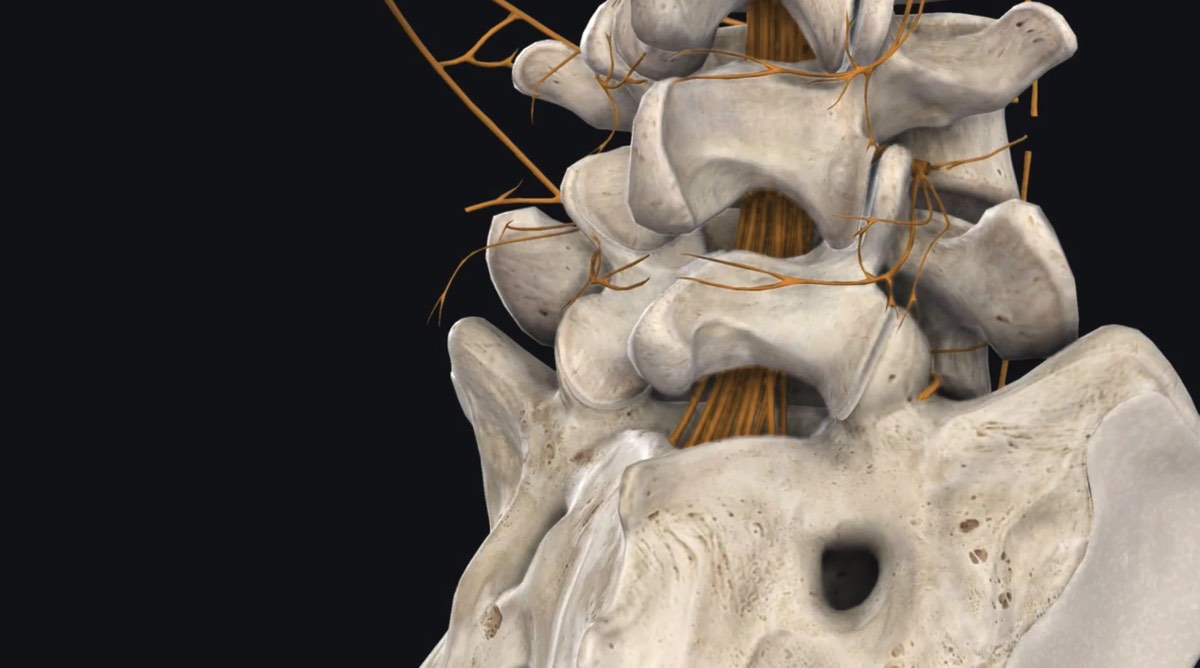Steroids and Tonsillectomies Compatible
Reuters Health • The Doctor's Channel Daily Newscast
Giving dexamethasone during tonsillectomy “has evolved into the standard of care at many institutions,” and the practice is supported by findings from multiple clinical trials and professional recommendations, say the authors of the report.
Dexamethasone decreases postoperative nausea, vomiting, and airway swelling and it improves pain control. In fact, it was considered “virtually without harmful effect” until 2008, when a randomized trial by Czarnetzki et al was stopped early because pediatric tonsillectomy patients had dose-dependent increases in bleeding with dexamethasone.
For the current study, lead author Dr. Matthew T. Brigger – now at the Naval Medical center in San Diego, California — and colleagues analyzed data on 2788 children and adolescents who had tonsillectomy (with or without adenoidectomy) at the Massachusetts Eye and Ear Infirmary in Boston between 2002 and 2009.
Two surgeons did all the cases. They used similar protocols for anesthesia, analgesia, and postoperative care. The only difference was that one surgeon routinely gave a 0.5 mg/kg dose of dexamethasone after anesthesia induction, while the other gave a 1.0 mg/kg dose after induction plus up to 20 mg more after the child was awake.
The children had either extracapsular electrosurgical tonsillectomy, extracapsular radiofrequency ablation tonsillectomy, or intracapsular microdebrider tonsillotomy.
Ninety-four patients had 104 hemorrhage episodes. Fifty-six of 1237 children (4.5%) in the low dose group had 62 episodes, and 38 of 1551 (2.5%) in the high-dose group had 42 episodes.
In the low- and high-dose groups, respectively, 3.6% and 2.1% required hospital readmission; and 2.8% and 1.6% required operative intervention.
After adjusting for age, sex, primary diagnosis, and surgical technique, analysis showed no association of hemorrhage rate with dexamethasone dose. In fact, the authors note, the point estimate of each odds ratio is less than 1, suggesting that the higher dose was protective against hemorrhage.
“Our data conform closely to previously published studies that used varying doses of perioperative steroids,” the authors write.
They suggest that results from the Czarnetzki trial, which showed a higher bleeding risk only with the highest dose of dexamethasone, might have been skewed by the small number of outcome events.
In conclusion, Dr. Brigger and colleagues write, “Our large sample size, coupled with the generalizability of including all children undergoing tonsillectomy by 2 different surgeons during a 7-year period, provides no compelling evidence that perioperative dexamethasone administration confers any increased risk of postoperative hemorrhage.”
Arch Otolaryngol Head Neck Surg 2010;136:766-772.









